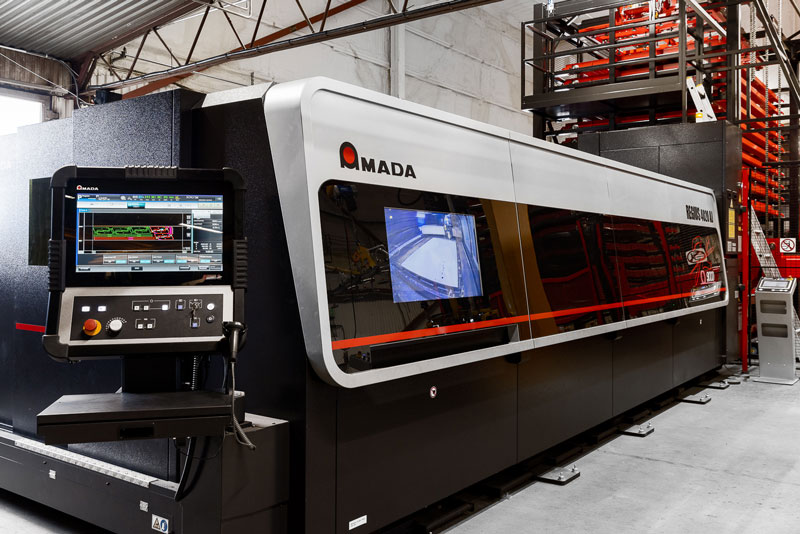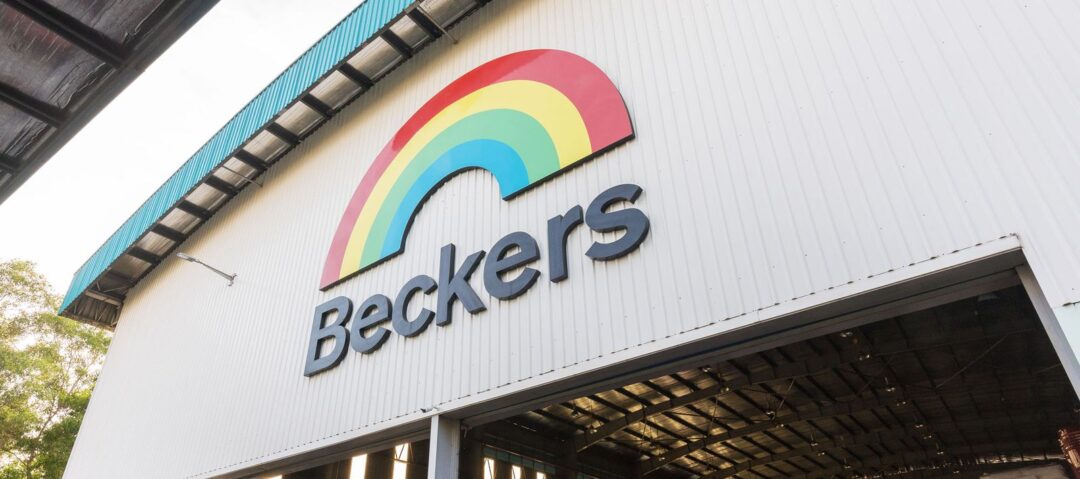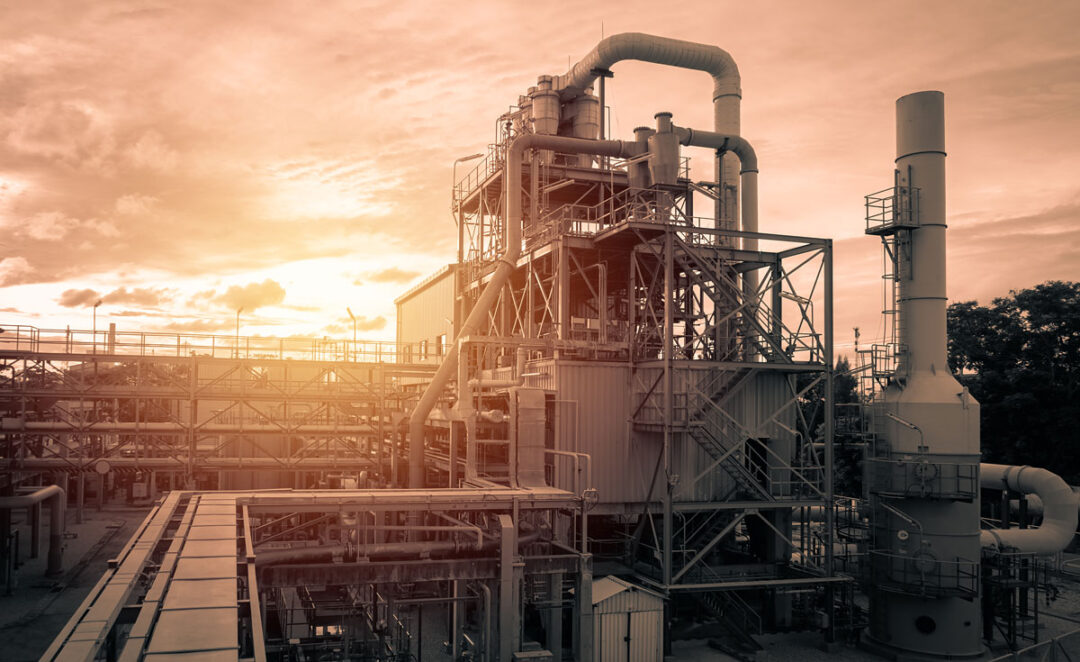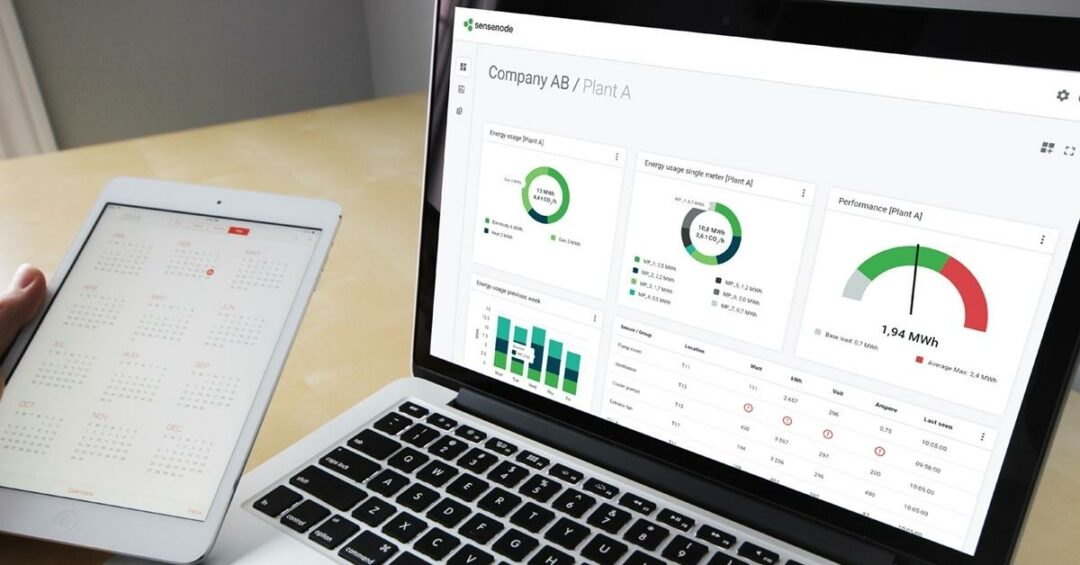ISO 50001 establishes the requirements for energy measurement to assist businesses in taking control of their energy consumption. In the manufacturing industry, an increasing number of companies are choosing to certify themselves under ISO 50001 to enhance their energy efficiency. The desire for sustainability reporting and the rising cost of energy serves as strong motivations for organizations to systematically address energy efficiency. This article explores the benefits of ISO 50001 and provides guidance on implementing continuous energy measurement.
What is ISO 50001?
ISO 50001, a standard developed by ISO in 2011, allows companies to certify their energy management system. The most recent version, 50001:2018, was released in August 2018.
This standard offers companies the opportunity to;
- reduce energy costs,
- effectively manage and control energy management efforts,
- improve energy usage,
- and reduce their overall environmental impact.
Energy measurement requirements are part of ISO 50001
A prominent requirement of ISO 50001 is that large companies must assess their energy consumption. By initiating energy measurement practices, organizations can gather relevant data in a structured manner. The measurement of energy consumption is one of four recurring components of the ISO 50001 process:
- Management work and policy design
- Establishment of operational goals
- Continuous energy measurement
- Follow-up evaluations
For the manufacturing industry, it is crucial to consolidate all energy data in a centralized system to facilitate analytical efforts and optimize energy usage.
Start measuring your energy consumption today
SenseNode Energy Analytics provides a user-friendly solution for collecting energy data. It requires a central unit and multiple measuring points, with the option to use a 4G card if internet connectivity is not available on-site. Initiating energy measurement is simpler than one may assume, and SenseNode offers the ability to start with measuring energy usage in one facility and then gradually expand the system. The cloud-based technology of SenseNode can efficiently handle large amounts of data for flexible analysis according to an organization’s specific needs. With the Energy Analytics interface, users can easily generate reports, track energy usage over time, and identify areas of energy waste within their facility.
Reduce your costs and contribute to a more sustainable future
Implementing energy measurement practices holds the potential to not only reduce costs but also contribute to the overall sustainability of a company. Energy expenses weigh heavily on the manufacturing industry, and by gaining control over energy usage, organizations can improve cost-effectiveness. Energy Analytics provides visual analysis of energy consumption, along with an estimated CO2 value, facilitating energy-efficient and transparent production processes. To fully comprehend the capabilities of Energy Analytics, interested parties can request a demo with one of our advisors to witness how this innovative tool can revolutionize their energy usage.

Daniel Ling
Account Manager
daniel.ling@sensenode.com
+46 730 50 46 76




